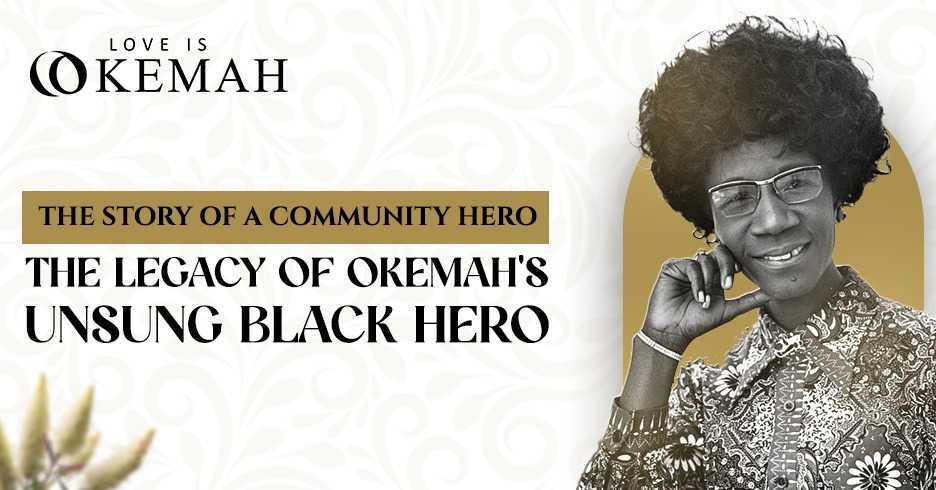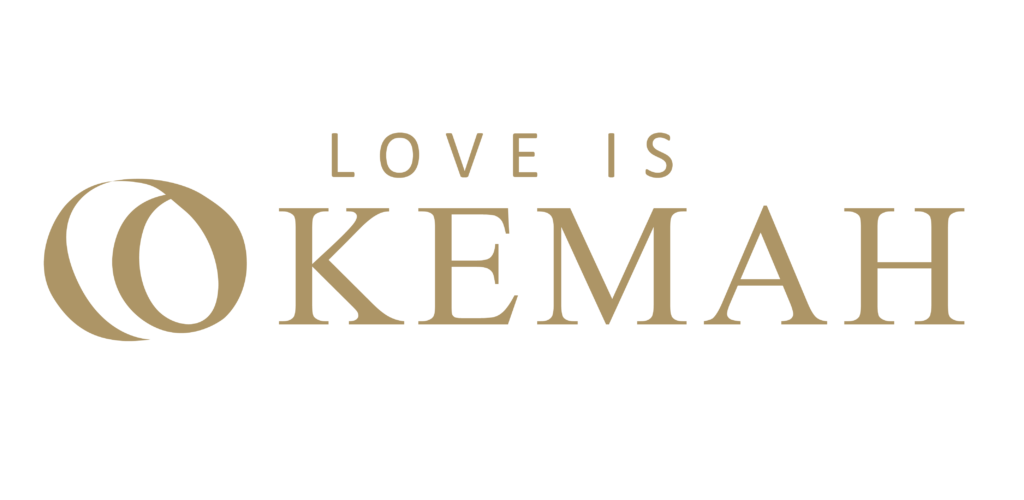
The Story of a Community Hero: The Legacy of Okemah's Unsung Black Hero
In every community, heroes emerge—people who, despite challenges and obstacles, take action that benefits others. Often, these individuals go unnoticed by the broader world, yet their impact is deeply felt within their neighborhoods. This is the story of one such hero from Okemah, Oklahoma, a small town in the state’s eastern region known for its tight-knit community and historical significance. Though Okemah is primarily recognized for its rich folk music heritage, its true treasure lies in the people who have woven its social fabric together, particularly those who have fought for equality and justice within the Black community.
This hero may not be known to the wider world, but to the people of Okemah, they are a pillar of strength and change. Their story is a testament to resilience, community-building, and the power of individuals to shape the course of history in even the smallest of towns.
Okemah: A Town Steeped in History
Okemah, a town that lies in Okfuskee County, has a deep connection to Oklahoma’s cultural and racial history. Though the town’s most famous son is Woody Guthrie, the influential folk singer and songwriter, its significance runs deeper, especially for the Black community. Okemah, like many other towns in Oklahoma, has a history of segregation, Jim Crow laws, and racial tensions. Yet within this difficult environment, Black families established roots, built homes, and carved out spaces of solidarity.
In the early 20th century, Okemah was a hub for Black workers and sharecroppers who moved to the area seeking opportunities. Despite facing systemic racism, Black residents contributed to the town’s economy and culture, building churches, schools, and businesses that served as havens for the community. Within this atmosphere, figures of leadership and heroism naturally emerged—individuals who took it upon themselves to fight against the oppression they encountered.
The Unsung Hero of Okemah’s Black Community
The focus of this story is on one such individual: a Black leader who quietly worked to uplift their community in Okemah. This person’s life may not have made it into history books, but their contributions echo through the lives they touched. For the sake of this story, we’ll call them Samuel, though his true name might remain anonymous.
Samuel was born in Okemah during the height of segregation in the 1940s. As a child, he experienced the sting of racism firsthand—being relegated to subpar schools, barred from local establishments, and constantly subjected to the prejudices of a divided society. But instead of allowing bitterness to take root, Samuel used these experiences as fuel to become an advocate for his community.
After serving in the military during the Vietnam War, Samuel returned to Okemah in the 1970s, determined to make a difference. The Civil Rights Movement had begun to chip away at the legal structures of racism, but for Black families in Okemah, much remained unchanged. Economic opportunities were still limited, and the legacy of racial division remained strong.
Samuel understood that change required grassroots organization, so he began working with local churches and community leaders to create programs that could improve the lives of Black residents in Okemah. One of his first initiatives was to establish a mentorship program for young Black men in the community. Recognizing the importance of education and positive role models, Samuel gathered local veterans, pastors, and educators to provide guidance and support to the next generation.
Education as a Tool for Empowerment
Education was at the heart of Samuel’s efforts. He believed that knowledge was the key to breaking the cycle of poverty and oppression that had plagued the Black community for generations. To that end, Samuel helped create after-school programs that provided tutoring and homework assistance. He also organized scholarships to help Black students attend college—an opportunity that had once seemed out of reach for many in the community.
One of the most notable achievements of Samuel’s work was the establishment of a local learning center that offered adult education classes. This center became a vital resource for Black adults in Okemah, many of whom had been denied access to quality education in their youth. Through Samuel’s efforts, they were able to learn new skills, improve their literacy, and find better job opportunities.
Building Unity and Strength in the Community
In addition to education, Samuel focused on fostering a sense of unity within the Black community. Okemah, like many other small towns, was fragmented along racial lines, with Black and white residents often living in separate parts of town. Samuel believed that the only way to create lasting change was to build solidarity within the community itself.
He worked to organize events that brought the Black community together, from church picnics and barbecues to town hall meetings where people could discuss their concerns and ideas for improvement. These gatherings helped foster a sense of belonging and collective purpose. Samuel was often described as the glue that held the community together, constantly working behind the scenes to mediate conflicts, offer support, and encourage others to take action.
A Legacy of Leadership
Samuel’s efforts did not go unnoticed. Though he never sought the spotlight, his work earned him the respect and admiration of people throughout Okemah. His leadership inspired others to take up the mantle of community service, and his programs continue to have an impact to this day.
Perhaps one of the most significant aspects of Samuel’s legacy is the way he empowered others to lead. He understood that true change comes not from a single individual but from a collective effort. Samuel mentored young leaders within the community, passing on his knowledge and passion for service. Some of these individuals went on to become community organizers, educators, and advocates in their own right, continuing the work that Samuel had started.
Lessons for Today
The story of Samuel, the unsung hero of Okemah’s Black community, is a reminder that heroism comes in many forms. It is not always the people in the headlines or the figures who achieve national recognition who make the biggest difference. Often, it is the quiet, steady work of individuals like Samuel who create the foundations for real, lasting change.
As we reflect on Samuel’s life and legacy, we are reminded of the importance of education, unity, and perseverance in the face of adversity. Samuel’s story is a call to action for all of us—to recognize the heroes in our own communities, to support their efforts, and to continue their work in building a more just and equitable society.
In Last!
The heroism that arises from small towns like Okemah can easily be overlooked, but it is heroes like Samuel who prove that every community has the potential for greatness. Whether through education, mentorship, or simply bringing people together, Samuel’s legacy lives on in Okemah, reminding us that the true measure of a hero lies not in their fame, but in the lives they touch. Samuel’s story will forever be a part of Okemah’s history, an example of what one person can achieve when they are dedicated to the betterment of their community.
